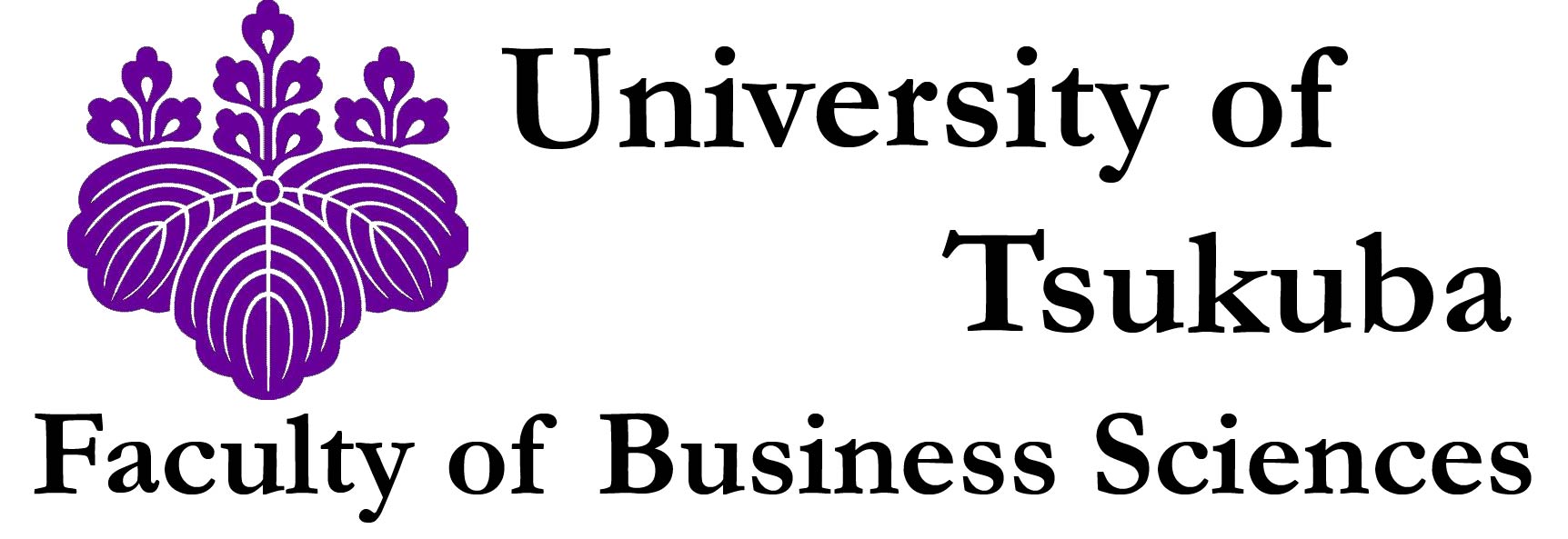Keynote Speeches
Keynote: 1
- Professor Thanaruk Theeramunkong
(Sirindhorn International Institute of Technology, Thammasat University, Thailand; Artificial Intelligence Association of Thailand)
-
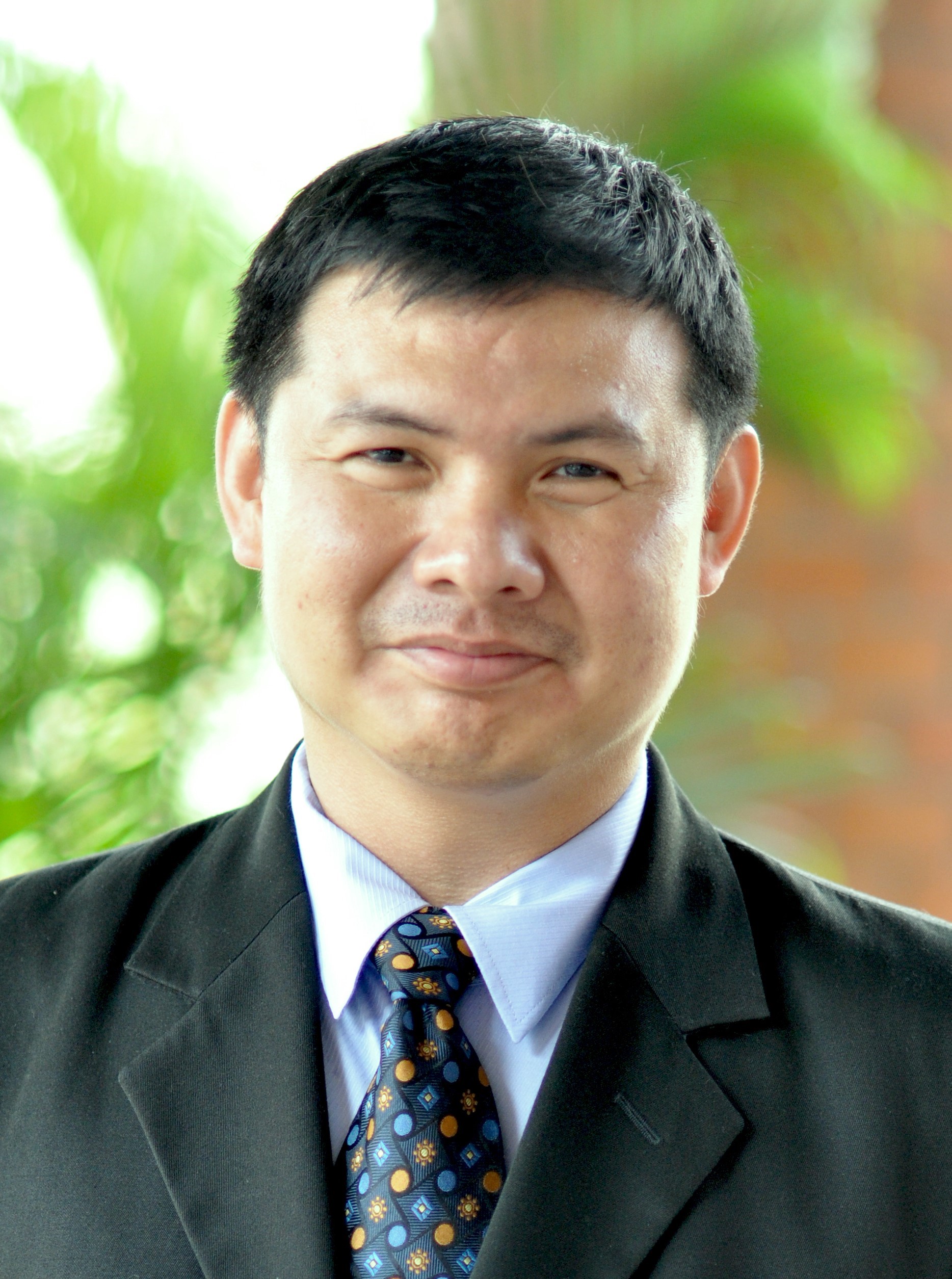
- Title: "Text Mining from Public Hearing Databases and Automatic Profile Generation from Online Resources"
- Abstract:
Analyzing natural language texts helps us to obtain information or knowledge for various purposes. This talk firstly provides a short summary of the state of the art on research and development in natural language processing, including language characteristics, rule-based and statistical methodologies, as well as difficulties and challenges. Secondly, with the growing availability of fact-oriented and/or opinion-rich online textual contents, I present new opportunities and challenges of using text mining techniques to seek out and understand the facts and the opinions in our society. Thirdly, along with this trend, electronic public hearing information, incident information and personal activity logs are described and the potentials towards knowledge discovery are enumerated and two applications of social monitoring and personal profile generation are discussed. For the first task, from 2014 to 2015, during the National Reform Council, there have been an activity of reform-related public hearing in Thailand. The information was applied for analyzing Thai opinion on the country’s reform process and topics for reforming. The second task is to gather online information related to individual activities/events for generating personal profiles. Such information can be used for characterizing individuals for expert recruiting or seeking. In the talk, I report the progress of our research works on these two tasks, including their potential use in the future.
Keywords: Representation learning, deep learning, COSFIRE trainable filters - Bibliography:
Thanaruk Theeramunkong is currently a professor at School of Information, Computer and Communication Technology at Sirindhorn International Institute of Technology (SIIT) at Thammasat University, Bangkok, Thailand. He is the Program Director of Information and Communication Technology for Embedded Systems (ICTES) at TAIST Tokyo Tech, National Science and Technology Development Agency (NSTDA). He is also an Associate Fellow, Academy of Science, the Royal Society of Thailand. As a professional society, He is the president of Artificial Intelligence Association of Thailand. He serves as an academic committee to the Industrial Section, National Research Council of Thailand (NRCT).
He received his bachelor degree in Electric and Electronics Engineering, master and doctoral degrees in Computer Science from Tokyo Institute of Technology. He was a research associate at Japan Advanced Institute of Science and Technology in Japan and a MIS manager at C.P. Seven Eleven Public Co., Ltd. in Thailand. He got several awards, including the Very Good Research Award in engineering field from Thammasat University in 2008, 2009 and 2010. Recently, in 2014, he has received the National Outstanding Researcher Award in the field of Information Technology and Communication Arts. He also got several best paper awards from conferences and societies, including the Japanese Society for Artificial Intelligence, PAKDD workshops, and KICSS. In 2015, he also got a Gold Medal with the Congratulations of the Jury from the 43rd International Exhibition of Inventions of Geneva for the inventions of automatic semantic-based multi-document summarization and application to public hearing. His research interests are natural language processing, data mining, text mining, machine learning and applications to service science. He was an associate editor of the Institute of Electronics, Information and Communication Engineers (IEICE). He is a member of the Steering Committee of the Pacific-Asia Conferences on Knowledge Discovery and Data Mining (PAKDD) and a member of the Steering Committee of the Pacific Rim International Conferences on Artificial Intelligence (PRICAI). He is the author of more than 45 papers in a number of journals with impact factors and more than 130 conference papers.
Keynote: 2
- Professor Setsuya Kurahashi
(Chair of Doctoral Course Program in Systems Management Course, Faculty of Business Sciences, University of Tsukuba; Vice Chair of IEEE SMC Japan Chapter)
-
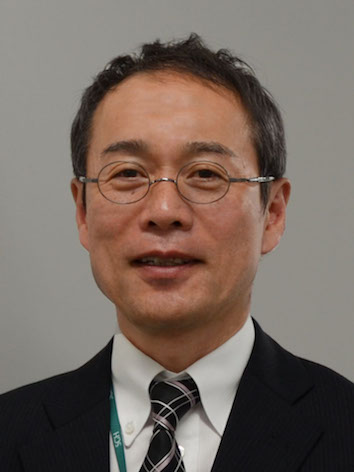
- Title: "Model-based Policy Making: Urban dynamics, Collaborative Learning and Family Strategy"
- Abstract: Many significant policies of our society and economy are determined by someone day after day. However, most of the plans have been discussed and decided based on past experiences and data. Many of them estimate policy effects by analyzing actual phenomena and data using statistical methods. For this method called evidence-based policymaking (EBP), this lecture proposes model-based policymaking (MBP). The MBP is designed with an agent-based model and data science techniques, and it also called as social simulation. The model-based approach enables to design realistic phenomena as a model and predict the effect on unfolding future events due to hypotheses or activities that are difficult to experiment using computer experiments. In the field of business and sociology, data analysis as an induction method and strategy planning as a deductive method are connected. In the lecture, I will introduce urban dynamics model, teaching model at school, analysis of education in a family using a genealogy in China during 500 years.
- Bibliography: Setsuya Kurahashi is a professor at Graduate School of Business Sciences in University of Tsukuba. He received Ph.D. degree from University of Tsukuba, Japan, in 2001. In 2006, he joined University of Tsukuba. His research interests include social simulation, artificial intelligence, evolutionary computing, and cultural anthropology. He is a member of IEEE, ESSA(European Social Simulation Association), SICE(The Society of Instrument and Control Engineers), JSAI(the Japanese Society for Artificial Intelligence) and so on. He was a guest researcher of University of Surrey (UK) in 2009, and University of Groningen (The Netherlands) in 2009, 2015.
Keynote: 3
- Professor Chonghui Guo
(Dalian University of Technology, China)
-
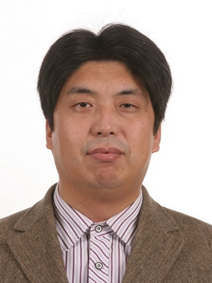
- Title: "Big Data Analytics in Healthcare: Data-driven Methods for Typical Diagnosis and Treatment Pattern Mining"
- Abstract: A huge volume of digitized clinical data is generated and accumulated rapidly since the widespread adoption of Electronic Medical Records (EMRs). These massive quantities of data hold the promise of propelling healthcare evolving from a proficiency-based art to a data-driven science, from a reactive mode to a proactive mode, from one-size-fits-all medicine to personalized medicine. Personalized medicine refers to tailoring medical diagnosis and treatment to the individual characteristics of each patient, which literally means the ability to classify individuals into subpopulations that differ in their susceptibility to a disease or their response to a specific treatment. While EMRs contain rich temporal and heterogeneous medical information that can be used for typical diagnosis and treatment pattern mining by big data analytics. Hence, this study will analyze different data types of EMRs in depth and design data-driven EMRs mining method, including data-driven typical diagnosis pattern extraction from multi-type data of EMRs, and data-driven typical treatment pattern extraction from multi-view of doctor orders. Specifically, for typical diagnosis pattern extraction, we first design three similarity measure methods for patient demographic, symptom, and laboratory examination information, then adopt similarity fusion method to generate a unified similarity and construct similarity network of patient hospital admission, next propose a patient diagnostic information similarity method by integrating patient hospital admission information, and finally perform clustering algorithm to extract typical diagnosis patterns. For typical treatment pattern extraction, we first study automatic treatment regimen development and recommendation from the content view of doctor orders, then study typical treatment process extraction and evaluation from the sequence view of doctor orders, next study typical drug use pattern extraction and evaluation from the duration view of doctor orders, and finally propose a fusion framework for typical treatment pattern extraction from multi-view of doctor orders. Furthermore, all proposed methods have been validated on real-world EMRs of cerebral infarction dataset and MIMIC-III dataset.
- Bibliography: Chonghui Guo is a professor at the Institute of Systems Engineering in Dalian University of Technology. He received his PhD at Management Science and Engineering in Dalian University of Technology in 2002. His research interests are data mining, knowledge management and business intelligence. He has been published more than 100 papers in academic journals such as IEEE Transactions on Knowledge and Data Engineering, IEEE Transactions on Systems, Man, and Cybernetics, International Journal of Production Economics, International Journal of Systems Science, Knowledge-Based Systems, and Expert Systems with Applications.
Keynote: 4
- Professor Yoichi Motomura
(Prime senior researcher, Artificial Intelligence Research Center, National Institute of Advanced Industrial Science and Technology, Japan)
-
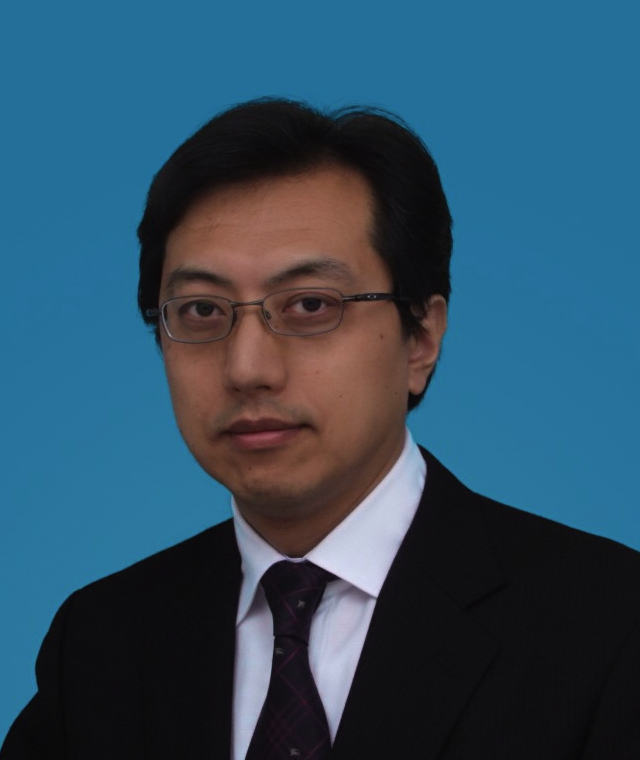
- Title: "Toward Cyber Physical Innovation: Probabilistic Modeling for Real Field AI Applications"
- Abstract: Currently, the practical application of artificial intelligence is dramatically advanced by machine learning using real world big data. Industrial structure reform and the smart society called Society 5.0 are also expected to be realized. In this talk, real world application and the research projects on AI are introduced. Our social system is changing into a Cyber Physical System by AI and real world big data. For example, point of sales data (POS-data) is linked to the customer ID by the common point card system. Moreover, sensors in a store can capture a customer’s behavior during shopping process. From phenomena of real world big data with high temporal and spatial resolution, phenomena can be represented by a probabilistic model that can be calculated, predicting risk, cost, benefit and making it possible to simulate. In our system, this computational process is realized by PLSA (Probabilistic Latent Semantic Analysis) and Bayesian networks.
We developed interactive digital signage systems and interactive vending machines driven by AI. These systems are being investigated in the use cases such as improvement of productivity of services such as management support and logistics optimization. The same framework can be utilized also child care and health promotion activities for local community support. - Binliography: Dr. Yoichi Motomura is a prime senior researcher of Artificial Intelligence Research Center of the National Institute of Industrial Advanced Science and Technology.
He has expertise in machine learning, probabilistic inference algorithms on Bayesian networks, and their applications to user modeling and human behavior understanding and prediction from big data. He also conducts the national research projects on Artificial Intelligence as the leader. He is also a visiting professor at Tokyo Institute of Technology, Kobe University and the Institute of Statistical Mathematics.



